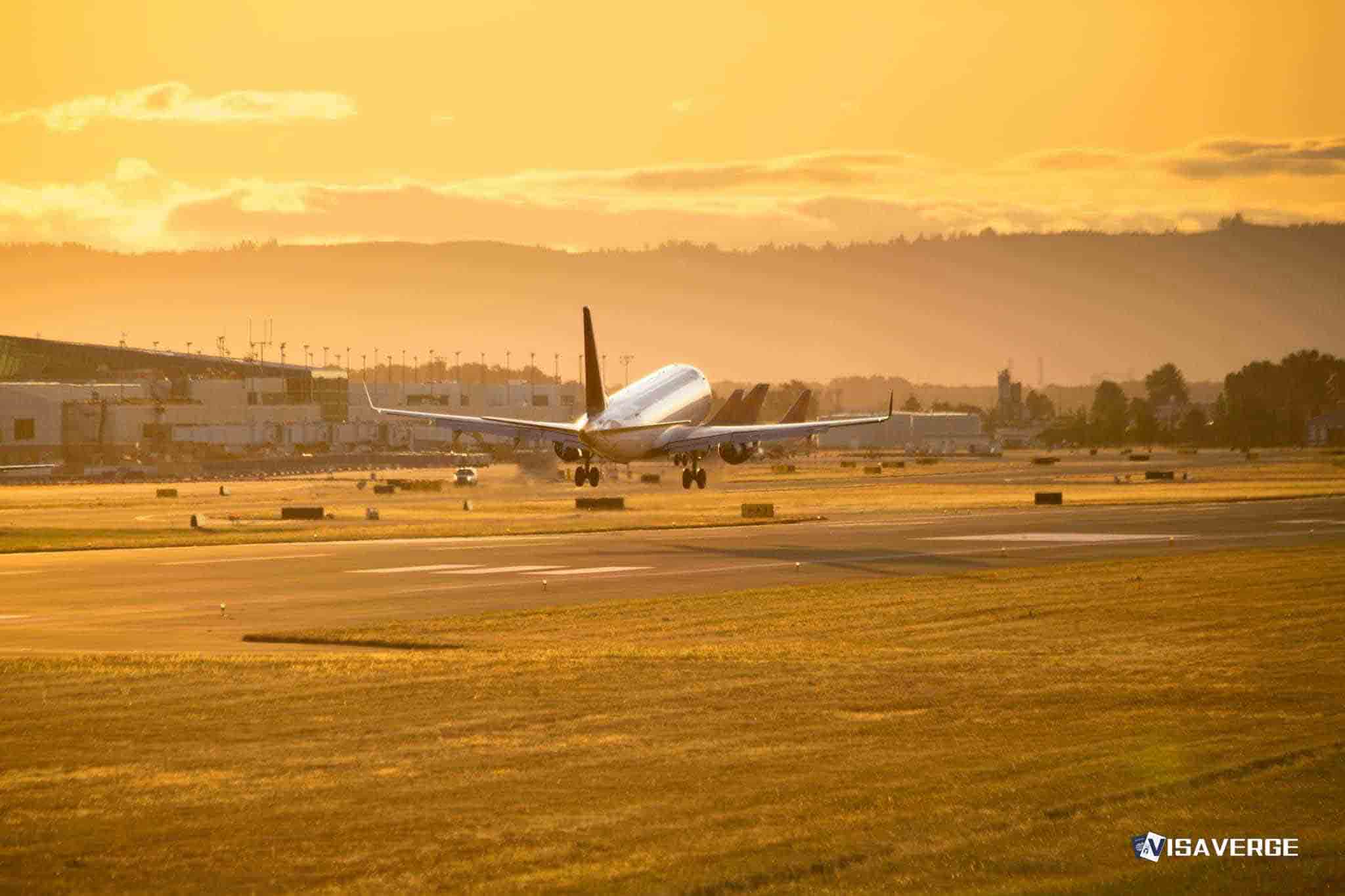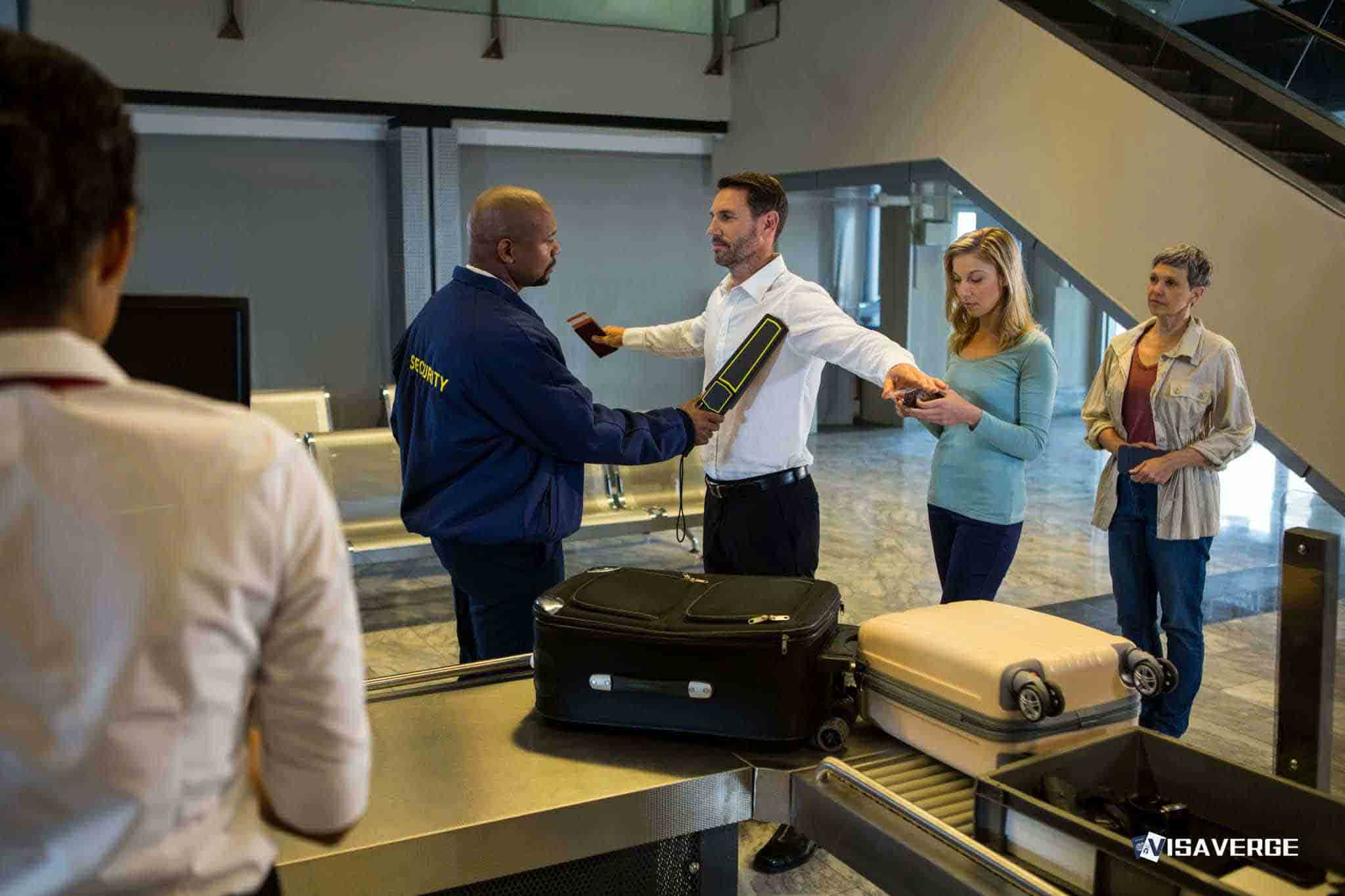Passengers packed into early-morning lines here on Thursday as airlines warned of sweeping schedule cuts and the Federal Aviation Administration confirmed it will slow the nation’s air traffic system by 10% starting Friday, November 7, 2025. After 36 days of a government shutdown — the longest in U.S. history — pressure on unpaid FAA air traffic controllers and Transportation Security Administration officers has spilled into the heart of holiday-season travel. The managed reduction in flights raises the risk of cascading delays and cancellations at major hubs from Atlanta to Washington and Dallas-Fort Worth.
Why the FAA is slowing traffic

Transportation Secretary Sean Duffy warned travelers to brace for “mass flight delays” and “mass cancellations,” a sentiment echoed by FAA Administrator Bryan Bedford, who said of the staffing strain, “We can’t ignore it.” The FAA’s decision to slow traffic is aimed at preserving safety and predictability in an overwhelmed system, but it will squeeze already-tight schedules at about 40 airports, including Hartsfield-Jackson Atlanta International.
Key points:
– The FAA will not ground planes but will effectively reduce daily capacity by 10%, forcing airlines to pare back schedules.
– About 13,000 air traffic controllers and 50,000 TSA agents are working without pay, creating a trade-off: reduce strain now or risk more dangerous conditions later.
– Short ground holds at busy hubs can ripple into hours-long disruptions for connecting passengers.
How airlines are responding
Airline operations teams are reworking schedules in near-real time, prioritizing long-haul and high-demand routes while trimming regional and short-haul frequencies.
United Airlines:
– Will still run about 4,000 flights per day with partners.
– CEO Scott Kirby: “Any customer traveling during this period is eligible for a refund if they do not wish to fly – even if their flight isn’t impacted. That includes non-refundable tickets and those customers with basic economy tickets.”
– United will focus schedule reductions on regional flying and domestic mainline flights that do not travel between our hubs.
Other carriers:
– Delta, American, and Southwest face major pressure due to large domestic footprints.
– Delta expects to operate most flights, including all long-haul international routes, and will allow cancel/change/refund options without penalties.
– American says most travelers won’t be disrupted but is contacting impacted customers and urging app/website updates.
– Southwest must balance reducing turn-time pressure with keeping frequent city-pair connections.
Traveler behavior and advice
The uncertainty is already changing plans. The U.S. Travel Association says 60% of Americans are reconsidering travel plans.
Common traveler responses:
– Weighing flights vs. driving to events.
– Scrolling airline apps for earlier options to avoid Friday’s restrictions.
– Some book backup tickets as recommended by Frontier CEO Barry Biffle: “If you are flying Friday or in the next ten days and need to be there or don’t want to be stranded I highly recommend booking a backup ticket on another carrier.”
Practical traveler tips:
1. Check your flight repeatedly.
2. Consider moving travel a day earlier or later if you have flexibility.
3. Price out alternative transport — trains, buses, or a one-way car rental.
4. Keep booking details handy; ask for a refund if your flight is canceled or significantly changed.
5. If staying on the trip matters more than how you travel, consider same-day rebooking options or a fully refundable fare.
Behind-the-scenes operational challenges
Dispatchers and crew schedulers face hourly puzzles:
– Added minutes to taxi-ins/taxi-outs can bust crew duty limits later in the day.
– Holding a connection for a late inbound flight may no longer be feasible when takeoff slots are scarce.
– Morning waves can be protected, but by afternoon accumulated delays create rolling pushbacks.
Training and staffing impacts:
– FAA Academy classes are in limbo; hiring, training, and certification churn is blocked during the shutdown.
– Overtime is harder to extend without pay, further straining coverage.
– TSA faces long security lines and occasional staffing gaps at smaller checkpoints that cascade into missed departures.
“The reduced flow is designed to match ‘what we can confidently support’ and avoid a scramble that could compromise safety.” — FAA Administrator Bryan Bedford
Rules on refunds and compensation
U.S. law:
– Airlines are not required to pay cash compensation for delays or cancellations.
– The Department of Transportation requires prompt refunds when a flight is canceled or the carrier makes a significant schedule change and the passenger chooses not to travel.
– If a traveler accepts a later flight after a long delay, refund rules are stricter; hotels or meal vouchers aren’t guaranteed.
This patchwork can be painful during a shutdown because many passengers may wait long hours without guaranteed compensation beyond rebooking or a refund.
Technology and communication
Airlines are using apps and push alerts to rebook passengers quickly — often before gate agents can intervene. Travelers are advised to:
– Refresh airline apps frequently.
– Verify departure times before leaving home.
The FAA urges travelers to check airport conditions for ground stops or flow programs. For official system status, consult the FAA: https://www.faa.gov, which posts advisories on airport delays and traffic management initiatives.
How the slowdown affects major hubs
Atlanta (Hartsfield-Jackson):
– A 10% cap across banks of connecting flights forces triage.
– Airlines may cut duplicate short routes, pushing departures out by hours and reducing backups.
– Morning delays can knock crews out of position for evening returns.
Washington National:
– Slot controls limit movements; fewer intra-day workarounds will be available for weather or wind changes.
Dallas-Fort Worth:
– Recovery after weather is slower with a tighter flow rate; minor hiccups become more disruptive.
Common outcome:
– Fewer opportunities to move planes and people on time and less slack to catch up when elements slip.
Consumer-facing policies and industry responses
- United’s broad refund promise is designed to reduce crowding by encouraging customers to stay home if they can.
- Delta’s flexible approach and American’s direct outreach aim to reduce uncertainty.
- VisaVerge.com notes carriers vary widely in generosity during extraordinary events; clear written policies reduce gate disputes.
Historic lessons:
– Those who act fast to grab scarce seats often get through while others wait for auto-rebookings that may never happen.
– Open seats will be rarer in late afternoon and evening hours; morning departures, red-eyes, or routing through less crowded hubs may be advantageous.
Human impact on aviation workers
- Controllers manage high workloads while worrying about delayed paychecks.
- TSA screeners handle long lines and rising tempers.
- Flight crews face passenger questions and tense gate interactions.
- Agents deal with upset customers when refunds mean losing return legs or no hotel coverage.
Policy advocates warn:
– Hiring freezes, retirements, and training backlogs make the aviation workforce pipeline fragile.
– Restarting classes and certification after funding resumes takes time — capacity could be reduced for months.
– Some leaders urge Congress to consider targeted pay protection or back-pay guarantees to prevent brain drain.
Airport measures to ease disruption
Airports are taking steps to reduce friction:
– Posting more staff near checkpoints to direct travelers to shorter lines.
– Using digital boards for frequent updates and opening overflow seating areas.
– Concessionaires preparing for spikes at odd hours.
– Volunteers and staff assisting families, older passengers, and unaccompanied minors.
International connections and downstream effects
- Reduced domestic flow can indirectly strand international flyers if a late feeder misses a long-haul departure.
- Major carriers are trying to protect long-haul schedules and add buffer where possible, but rebooking options may push travel into the next day.
Political and broader implications
- Negotiations in Washington continue, and industry leaders are avoiding explicit blame while focusing on safe, predictable operations.
- The shutdown highlights that essential services like aviation do not run on goodwill alone; funding and staffing stability are critical.
- Some industry leaders want predictable systems rather than higher ceilings — predictability helps airlines plan crews and aircraft with fewer last-minute scrambles.
What travelers should do now (quick checklist)
- Check flights repeatedly and refresh airline apps.
- Consider traveling earlier or later; price out alternate modes of transport.
- Keep booking and contact info handy.
- If canceled or given a significant change and you choose not to travel — ask for a refund.
- If staying on the trip, push for same-day changes that keep you in flowing flight threads.
- If offered to move off a crowded flight proactively, weigh the offer quickly — they may vanish soon.
Final takeaways
- The FAA’s 10% throttle acknowledges that safety is the floor; capacity must match staffing and funding realities.
- Short-term impact: more waiting, rebooking, and fewer guarantees.
- For travelers: plan for delays, know your refund rights, and keep your phone charged.
- For workers: maintain calm and professionalism despite unpaid days and mounting stress.
- Until the shutdown ends, the effect will show up on departure boards — one delayed flight at a time — with the FAA’s metering plan acting as both a pressure valve and a daily limit on how fast the country can fly.
This Article in a Nutshell
Following a 36-day government shutdown, the FAA will reduce air-traffic capacity by 10% from November 7, 2025, across about 40 high-traffic airports to match strained staffing. About 13,000 controllers and 50,000 TSA officers are unpaid, prompting airlines to trim regional schedules while protecting long-haul service; United plans roughly 4,000 daily flights and broad refund options. Travelers should check flights repeatedly, consider changing travel dates, explore alternatives, and request refunds when significant cancellations occur.













